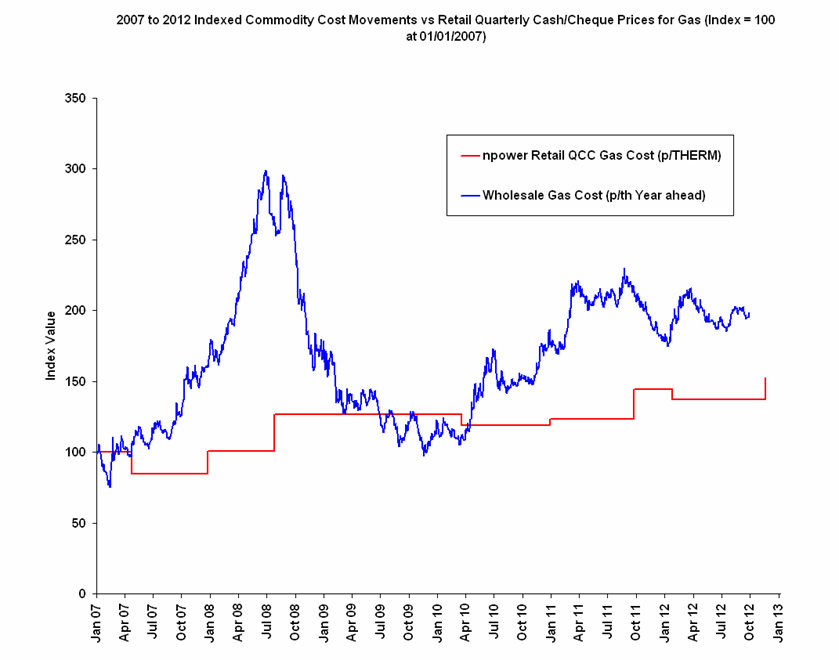Be Supermarket Savvy
Supermarkets may be the cathedrals of our age but in these recessionary times they can often strike fear rather than joy into the hearts of hard-pressed shoppers.
Research from Experian shows that nearly half of us (46 per cent) spend £51-£100 on our weekly shop, while 20 per cent fork out between £101 and £200 – and no fewer than 43 per cent of us expect our spend to go up during 2012.
This would seem to be good news for grocery stores – but not so great news for hard-up families. These tips could help you to be more supermarket savvy – and cut your grocery bill down to size.
Lesson 1: Make a list. This is often the best way to avoid overspending, provided you can stick to it. If you can resist anything but temptation, bypass the aisles containing non-essentials altogether.
Lesson 2: Shop online. If you struggle to keep to a list, try ordering your groceries online where you’ll be less tempted by persuasive packaging. There are even websites that will check the cost of your groceries for you so you can shop at the cheapest online store.
Lesson 3: Plan ahead. Setting a menu in advance doesn’t take long and can virtually eliminate waste – which means you save. Planning ahead also makes it easier to devise budget-friendly meals. Go online for ideas.
Lesson 4: Cash isn’t always king. Paying with cash may seem the easiest way to budget but you could be missing out. Many credit cards come with cash back and loyalty schemes that allow you to reap rewards on your spending. Make sure you pay the balance off in full every month or use a card with zero per cent on purchases or you’ll pay extra in interest. If you want a new card with better in-built deals, you should check your credit report first to make sure it’s up to date and accurate. It’s free to see your Experian credit report with a 30-day trial of CreditExpert.
Lesson 5: Switch supermarkets. If you’ve never tried a budget supermarket, it’s time you did – you can knock £s off your shop without compromising on quality. Remember that a saving of just £10 a week adds up to more than £500 a year.
Lesson 6: Beware top-up shopping. Corner shops, convenience stores and local supermarket branches are handy in an emergency – but convenience comes at a premium, so if you want to keep costs down, only use these shops occasionally.
Lesson 7: Break the brand habit. Do branded goods really taste or work any better than cheaper, own-brand equivalents? If you’ve never bothered to find out, now’s the time. You could be surprised – and much better off.
Lesson 8: Make special offers count. A special offer is only a saving if it’s something you’ll use. If you don’t have the offer item on your shopping list, walk away.


